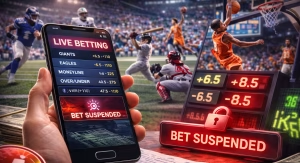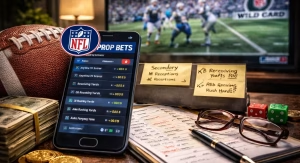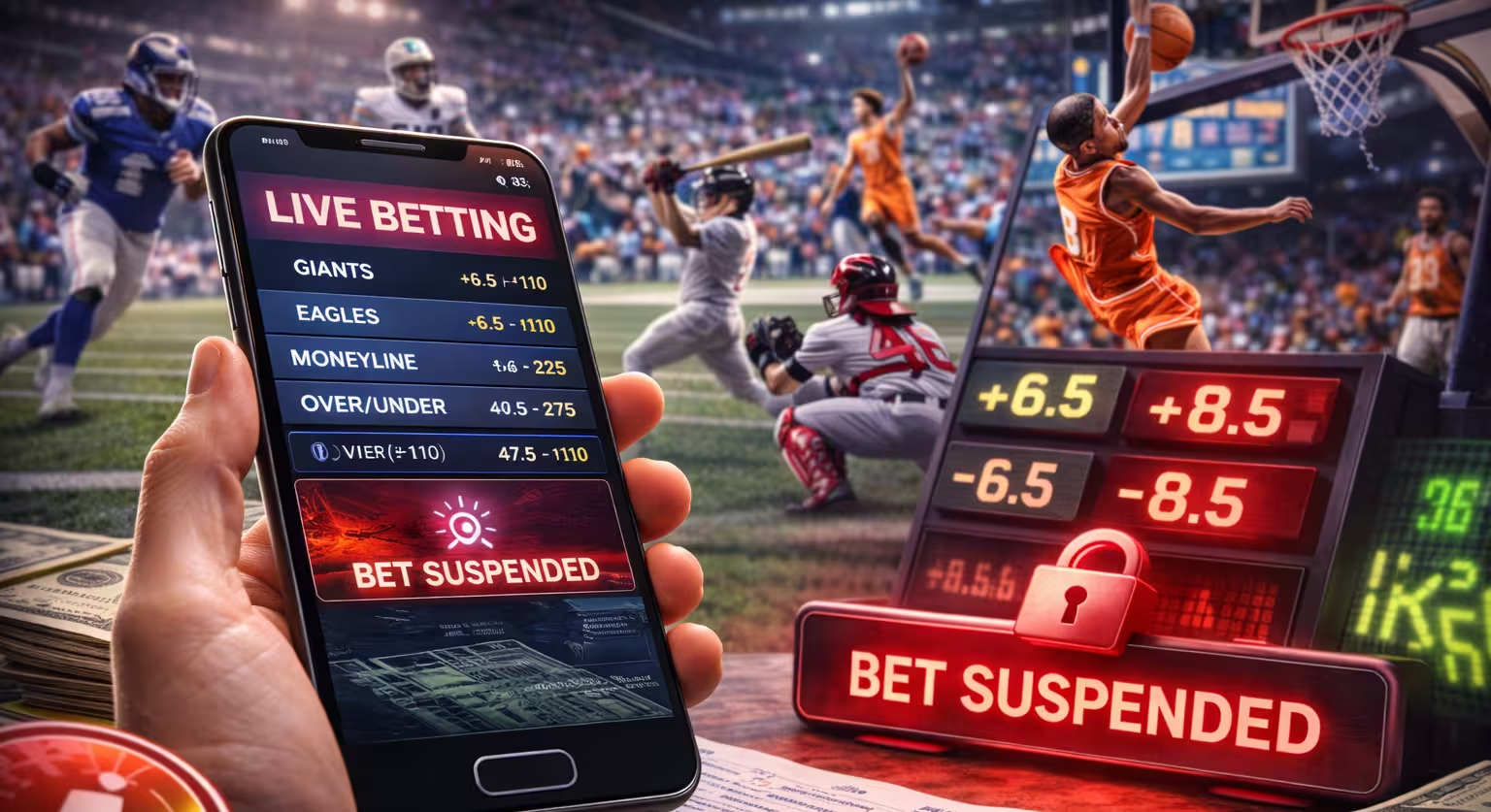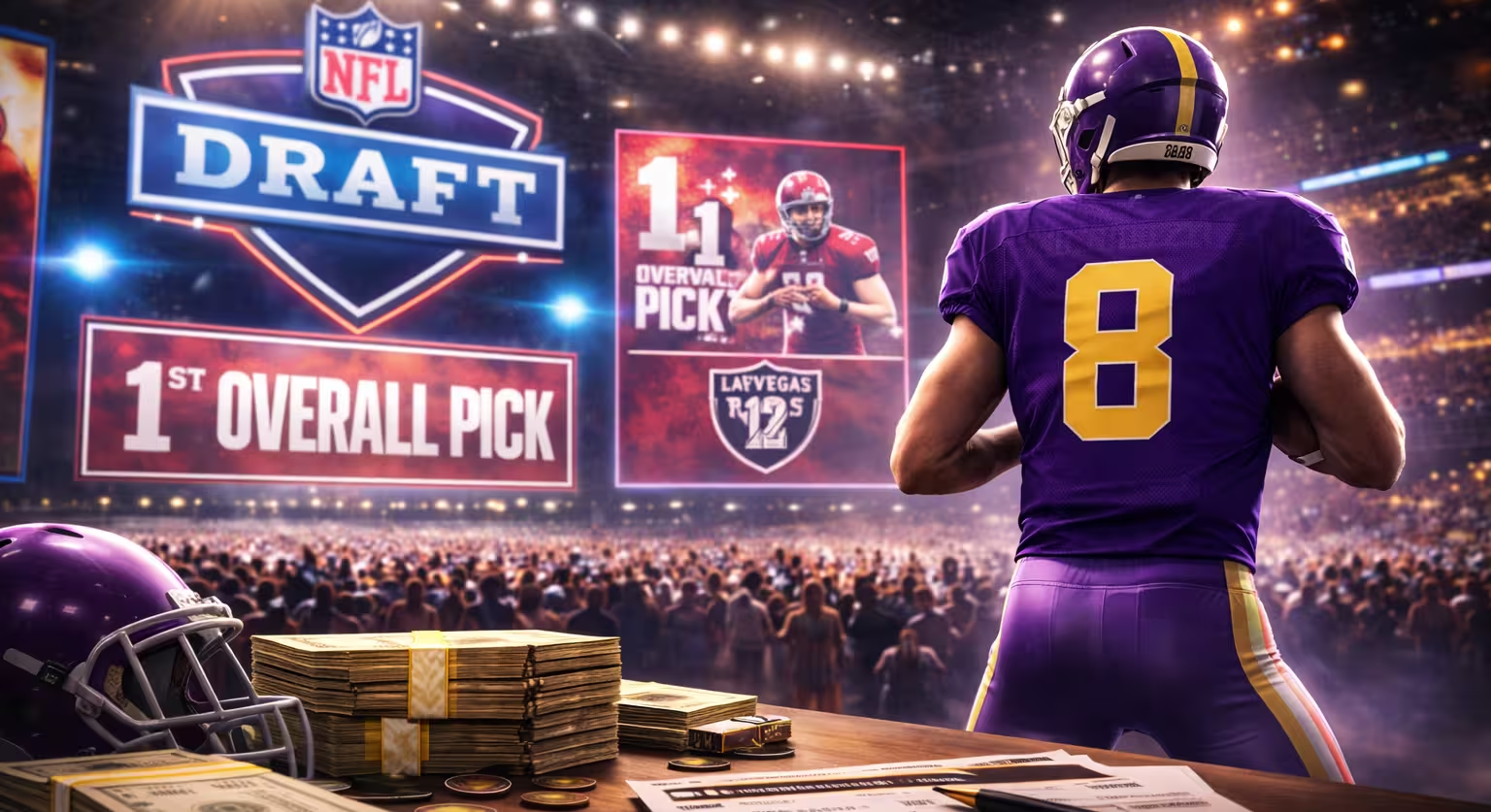How to Tell If You’re Betting Emotionally—And Fix It Fast
You think you’re betting with logic—checking stats, picking your spots, staying disciplined. Then you have a loss or two or three, and all of a sudden, you’re chasing the next win like it’s a bus you’ve missed and you need to get on that bus! It’s not uncommon, and if you aren’t careful? It can spin out of control before you even know that it’s happening.
It’s not like emotional betting will tap you on the shoulder or announce itself. One minute you’re on your game and sticking to your plan, and the next? You’re reacting instead. And it’s normal to want to win back what you lost. It’s not something that only happens to inexperienced bettors, either. There are people with decades of betting experience under their belts who can slip into emotional betting.
We want to help you be aware of what betting emotionally entails, how you can catch yourself doing it, and how to nip it in the bud. Then you’ll know what emotional betting looks like, why your brain tends to go down that path, and what you can do to stop it. The end game is less knee-jerk bets, fewer blown bankrolls, and a lot more control!
What Is Emotional Betting?
Emotional betting is what happens when your decisions at the sportsbook aren’t based on any kind of logic, research, or a plan; they’re based on your feelings. Anger after a loss. Excitement after a win. Impatience. Hope. Desperation. Basically, anything that would make you say “Eff it” and hit confirm before you’ve thought it through.
It’s not a momentary mood swing, either. It’s a change in how you’re making bets. Rather than doing your due diligence by looking at stats or running through your usual filters, you start reacting. You see your balance drop, and you immediately go searching for the next pick in the hopes of winning it back. You see your favorite team in a must-win game, and you bet on them because you want them to win, not because they’re the best team to pick.
And the problem isn’t only that it throws off your strategy, it’s worse than that. You will make bets that you wouldn’t normally make, and it’s with money that you didn’t plan to bet with. That can delete your bankroll, your ego, and your ability to be and stay consistent.
The following are a few of the most common reasons that emotional betting occurs:
- You’re coming off a loss: You missed a parlay by one leg. You lost in overtime on a bad call. And now you’re tilted. Instead of taking a break, you chase it, thinking that you’re due for a rebound, even though nothing in the matchup shows that.
- You’re attached to certain teams or players: Maybe you’re a die-hard Knicks fan, or you always bet SGA props no matter the number. But betting based on loyalty alone isn’t the same as betting with an advantage; it’s personal bias on a betting slip.
- You’re chasing the “rush”: Sometimes it’s not even about the money. You want the action. You want to feel something, anything, when you watch a game. But betting for an adrenaline rush is the fastest way to lose both discipline and your money.
The biggest issue with emotional betting is that it turns your bankroll into a yo-yo. You’re constantly reacting instead of planning, and the more it happens? The harder it gets to break the pattern.
7 Signs You’re Betting Emotionally
You won’t always know you’re doing it in the moment. Emotional betting doesn’t come with a “DANGER” sign; it sneaks in with little things. If you recognize any of the patterns below, your decisions are probably being influenced more by emotion than logic.
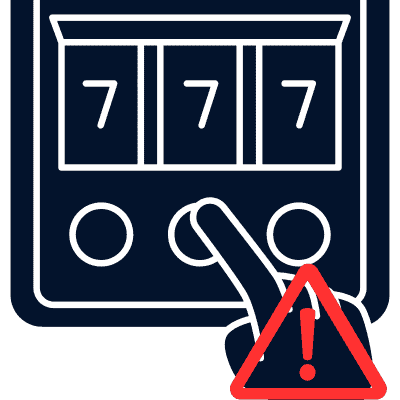
You Bet More After a Loss
Losses will happen, but it’s how you react to them that’s important. If your immediate instinct after losing a bet is to open up the next game and throw more money down, that’s not a strategy—you are reacting.
Maybe it’s a “revenge bet.” Or maybe you’re frustrated that a ref blew a call or a favorite collapsed in the fourth. You’re not betting because the numbers line up; no, you’re betting because you’re mad. That’s how bankrolls get chopped in half or blown in one night.

You Double Down to ‘Get Even’
This one’s brutal. You lose $100, so you bet $200 on the next one. That goes left too, so now you’re in for $400 trying to “make it back.”
The logic here? “If this one hits, I’m good.” But that’s not how risk works at all. Doubling down isn’t a smart fix; you’re changing losses, and that causes more losses and regret. The worst part is that you’re not even thinking about the bet itself anymore. All you want to do is undo the damage.

You Abandon Your Strategy Mid-Game
You started the day with a plan that looked something like only betting totals, or only first-half spreads, or only on the games where you saw real value. But now it’s halftime, you’re down two bets, and you’re live-betting the third quarter of a game you barely capped. Why?
Because your emotions are now in the driver’s seat. Once you go off plan, you’re no longer betting with discipline; you’re chasing something that will hopefully turn the day around, and it snowballs from there.

You Bet on Your Favorite Team—No Matter What
You know they’re on a losing streak. You know the line’s too high. You know the matchup is bad. But you still take them because you want them to win.
You think you’re being loyal, but it’s biased. You’re rooting with your wallet, not betting with your noggin. And when it goes wrong, it’ll hurt twice as much. Now you’re angry and broke!

You Increase Bet Sizes Based on Gut Feelings
You usually bet $50 a game. But for some reason, today you put $150 on one pick “because it feels right.”
There’s no math here. No advantage. No research that backs it up. Just a hunch or a vibe or some imaginary lock that “can’t miss.” Gut feelings are good in certain circumstances, but sports betting is not one of them. They’re how a losing streak starts.
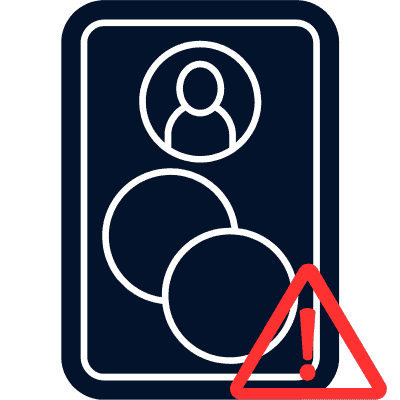
You’re Checking Scores Obsessively
You should be tracking the games that you bet on, but there’s a world of difference between checking and obsessing. If you’re refreshing your score app every 30 seconds, checking live spreads, and sweating every possession like it’s life or death, you’re way too attached.
This is the type of behavior that usually points to bets that were made impulsively. It’s a sign that your emotions are wrapped up in the outcome, and that you weren’t all that confident in the pick to begin with.

You Feel Regret or Panic After Placing a Bet
You hit submit on a bet and immediately get an uneasy feeling. Did you rush it? Did you really think it through? It’s too late now to second-guess it, and you’re praying it works out instead of knowing that it at least has a decent chance.
That sinking feeling? It’s your brain playing catch-up to your emotions. This usually happens when you bet out of impulse or FOMO, like when you take a pick you saw on a Reddit betting thread two minutes before tip-off.
Why It Happens—The Psychology Behind It
You’re not weak. You’re not undisciplined. Your gray matter is hard-wired to make bad decisions under pressure, and sportsbooks know it. There’s science to back up emotional betting, and once you understand it, the patterns will make a lot more sense.
Let’s break down what’s going on under the hood!

Dopamine and the ‘Near Miss’ Effect
Dopamine is your brain’s reward chemical. It gets released when you experience pleasure, and also when you almost win. That “so close” parlay miss? That last-second shot that wrecked your under by half a point? Those moments give your brain a little surge of excitement, even though you lost.
Casinos figured this out a long time ago. Slot machines are designed to trigger dopamine with near wins, and sportsbooks benefit from the same thing. The closer you are to hitting a bet, the more your brain wants to go again, because it feels like the next one just has to hit.

The Gambler’s Fallacy
This is the idea that if something didn’t happen recently, it’s more likely to happen now. You’ve lost five straight NBA props, so the sixth must go your way, right?
Wrong. Every bet is independent of the one before. The universe doesn’t balance outcomes based on your recent record. But your brain wants to believe that it does. That’s why people chase losses or believe they’re “due!” The fallacy tricks them into thinking probability has some kind of a memory. It doesn’t.
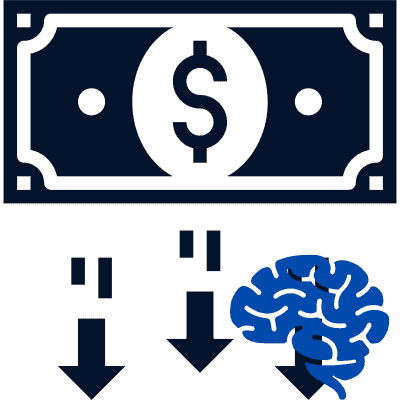
Loss Aversion: Why Losing Hurts More Than Winning Feels Good
Studies show that people feel the pain of a loss twice as intensely as the pleasure of a win. That’s why it’s so easy to spiral out after a bad day of betting, even if you were killing it the week before.
It’s also why bettors chase; because the discomfort of losing is so strong, they’ll do just about anything to escape it. Not to win. Just to stop the pain. And that’s a really dangerous place to bet from.

How Sportsbooks Use This Against You
Sportsbooks know exactly how emotional betting works, and they take full advantage of it. That’s why you’ll see the following on gambling sites:
- Boosted odds on public teams (because they know fans will take them anyway).
- Cash-out options during swings (tapping into your anxiety mid-game).
- Live lines that are designed to lure desperate bettors into reacting instead of thinking.
It’s not a wacky conspiracy; it’s a business model. And it thrives on bettors making fast, emotional decisions instead of slow, calculated ones.
5 Fast Fixes to Stop Emotional Betting
Acknowledging that you are emotionally betting is one thing, but stopping it? That’s another kettle of fish. It takes structure, but some fixes and habits can pull you out of reactive mode and back into making informed bets!

Pause After Every Loss (5-Minute Rule)
Take five minutes before you make another bet. Literally set a timer, and use this time to breathe, close the app, and ask yourself this: “Would I still want to make this bet if I’d won the last one?” If the answer’s no, it’s probably the tilt talking.

Set Strict Bankroll and Bet Size Limits
Decide on your daily and weekly limits when you’re clear-headed, and don’t change them mid-game. Use fixed unit sizes, and never increase your stake because of a “feeling.” Consistency will win out against hot streaks every single time.

Use a Pre-Bet Checklist
Build a basic mental checklist before every bet with the following questions:
- Did I research this game?
- Do I understand why I like the number?
- Am I betting with a plan, or am I just reacting?
If you can’t answer those questions with clarity, don’t make the bet.

Track Your Bets (and Mood)
Use a spreadsheet or a tracking app, and not just for the results, but for how you felt when you made the bet. Were you tilted? Chasing? Confident? After a week or two, you’ll see where your head was at. And that’s where you can make changes to fix any leaks.
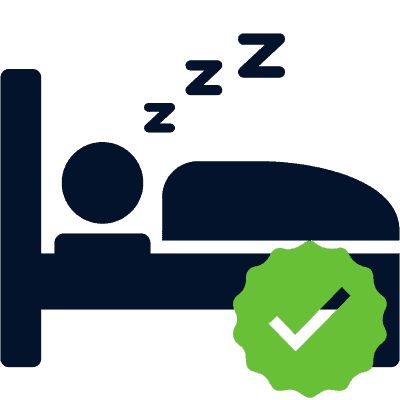
Sleep on Major Bets—No Late-Night Tilt
High-stakes bets? Sleep on them. Don’t bet big when you’re tired, irritated, or chasing from earlier games. Most emotional bets take place after 10 p.m., when you’re trying to turn the day around. Set a cutoff and stick to it.
Build a Rational Betting Routine
Quick fixes do help, but if you want long-term success, you need to have a system in place. A routine that’s built on logic, not on impulse, makes it so much easier to be and remain disciplined, even when the pressure mounts.

Bet with Data, Not Emotion
Start with the facts. Use trends, line movement, injury reports, and matchup stats, not your gut feelings. If you can’t explain why a bet makes sense without using the word “vibe?” That should be a hard pass.

Use Pre-Defined Strategies
Pick a lane and stay in it. That might mean only betting first-half totals, sticking to plus-money props, or fading public favorites. Whatever your angle is, keep it consistent. Don’t add bets last-minute because you’re bored or feeling blue.
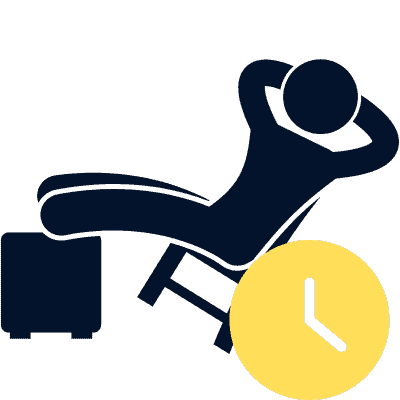
Take Regular Breaks and Set Time Limits
Give yourself betting windows. Maybe you cap games in the morning, place bets in the afternoon, and stop when night falls. Or maybe you take Sundays off completely. The point is to avoid betting out of habit or fatigue.

Use Tools That Help You Stay Disciplined
Apps like Betstamp, or any basic bet tracker sheet will keep your results organized. Most of the tools let you lock in max bet sizes or limit certain types of bets. Use them! The more you automate your discipline? The fewer emotional decisions that you’ll make!
Conclusion: Don’t Let Your Feelings Bust Your Bankroll
Most people don’t realize they’re betting emotionally until the damage is already done. The account is drained, the bets are bigger, and the decisions don’t even make sense in hindsight. By then, you’re not just losing money—you’re losing control.
But you don’t have to keep going down that dangerous road! If you are able to recognize the signs early on and start building a routine that relies on structure instead of spur-of-the-moment decisions, you’ll avoid the worst of it.
You’re not trying to win every bet, because you won’t. You’re trying to last. You’re trying to bet without regret, and that takes real discipline.
Here’s a brief recap about emotional betting:
- Emotional betting is way more common than most people admit.
- It usually rears its head after losses, in impulsive bets, or through chasing.
- Recognizing it is the first step, and a routine and structured betting stops it from getting out of hand.
- Long-term success in betting comes from logic, not emotion.
Want to eliminate guessing from your bets? You can! Check out our collection of Sports Betting Tools that will help you stay disciplined and make better picks.
Sports Betting Tools
Alyssa contributes sportsbook/online casino reviews, but she also stays on top of any industry news, precisely that of the sports betting market. She’s been an avid sports bettor for many years and has experienced success in growing her bankroll by striking when the iron was hot. In particular, she loves betting on football and basketball at the professional and college levels.

